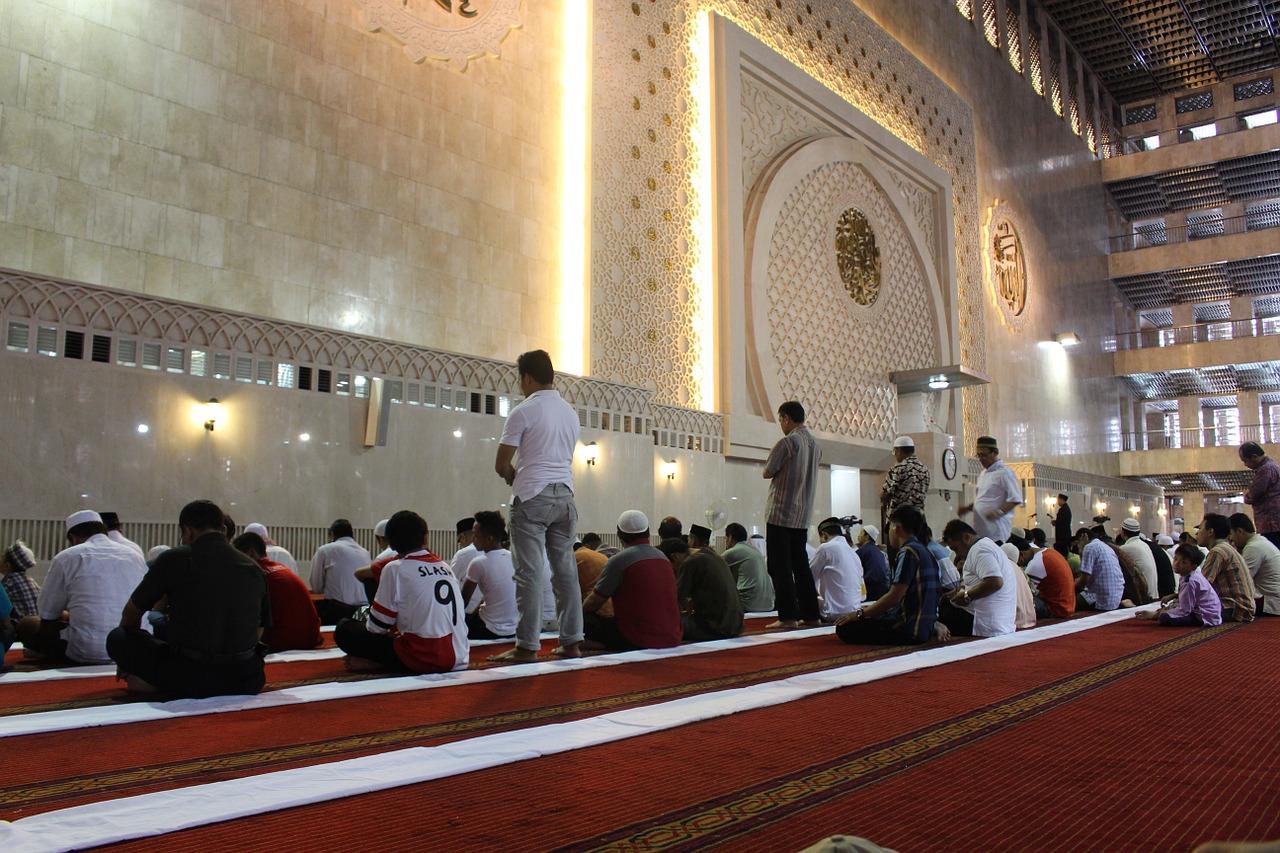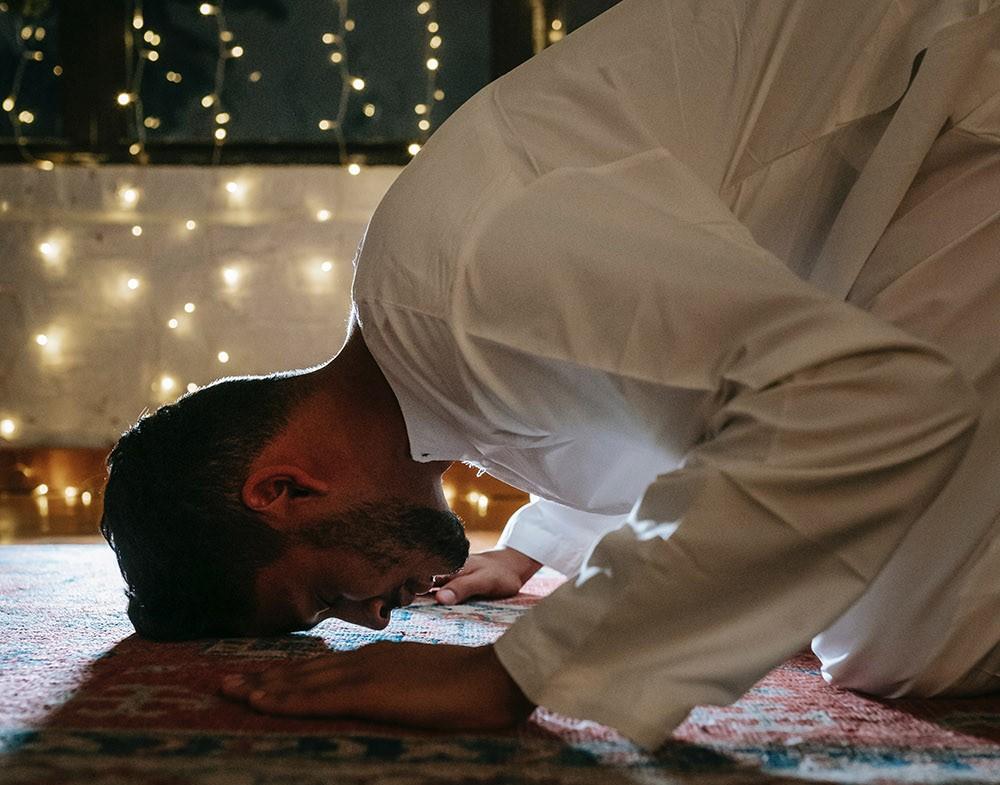When Allah says in the Qur’ān that He guides whom He wills and leaves astray whom He wills, it means that He guides those who seek and respond to His guidance: “Those who strive in Our way, We shall guide them to Our paths.”1 And He leaves astray those who intentionally and persistently reject His guidance and deny the truth: “And when they deviated, Allah caused their hearts to deviate, and Allah does not guide the defiantly disobedient people.”2
Although Allah wills and allows a range of things to occur, He is pleased by some of them and displeased by others; and that is why He sent guidance and issued warnings.3 Allah willed for human beings the ability to choose their own destiny based on the directives He provided for them and commanded them to follow. And by doing so, He willed and decreed for them responsibility and accountability for their actions and intentions.
Allah has willed and decreed that everyone must make certain choices in life about particular matters. He knows beforehand what a person will choose, and He also wills whatever choice is made by that person, whether it is right or wrong. But it cannot be said that divine knowledge of what will be in the future has any effect upon one’s decisions and deeds or that he has been deprived of freedom and hence exempted from responsibility. For although Allah has sent guidance, the choice to accept or reject it is made freely without compulsion or interference from Him.4
To explain further: there are two aspects to Allah’s decree. One is what He wills to exist and to occur; this is His existential will. The other is what He orders and is pleased with; this is His legislative will. In other words, His existential will is what actually exists or takes place, while His legislative will is what He wants and expects from intelligent beings and commands them to do, while allowing them the choice of whether or not to obey.
Allah has directed mankind to believe in His existential will by accepting it, and to believe in His legislative will by opting to obey His commands. And since He has not commanded anything that is impossible to do and has not prohibited anything that cannot be avoided, each person is held accountable for as much as is within his capability.
Thus, Allah allows people to act according to their own preference and deals with them accordingly. Whatever an individual chooses, does or neglects knowingly and with intent cannot be excused by blaming it on qadar, but whatever occurs outside of his will and control may be correctly attributed to it.
1. Sūrah al-‘Ankabūt, 29:69.
2. Sūrah aṣ-Ṣaff, 61:5. A criminal cannot argue that he was destined to commit a crime, since it is carried out by his own choice and effort. Although Allah knew he would do it and allowed it to happen, He did not force the criminal to make that choice. Furthermore, no one could know that it was decreed for him to commit the crime until after it was actually committed. As Allah said in the Qur’ān: “No soul knows what it will earn tomorrow.” (31:34)
3. There are some who claim that if Allah wills a thing, then He must approve of it, but they are gravely mistaken. What He wills and what He likes are not necessarily the same. For example, the Qur’ān states: “Indeed, Allah does not like aggressors.” (2:190) “And Allah does not like corruption.” (2:205) “And Allah does not like the unjust.” (3:57) “Indeed, He does not like the arrogant.” (16:23) And while Allah has willed the existence of evil, He does not like it, is angered by it, has prohibited it, and punishes for it.
4. In fact, Allah does not hold anyone accountable for what is done under compulsion or out of ignorance.
Limited free articles. Subscribe for full access.








 Dr. Bilal Philips
Dr. Bilal Philips